
MANDAÏ DISTRIBUTION - independent music distributor
Copyright : 2002-2024
| SEARCH | |
| BROWSE BY | |
|
- Artists - Labels - Formats - Styles - Mid prices - Last items - LP - 10in - 7in - Mandaï Gift Vouchers |
|
| NEWSLETTER | |
|
- Subscribe |
|
| LOGIN | |
|
Sign in or Register. |
|
| CONCERTS | |
| 21/12/2024 Garance Midi @ La Source Beer & Co | |
| 11/01/2025 Secte @ Le Petit Bitu | |
| 11/01/2025 Billions Of Comrades @ Le Petit Bitu | |
| 18/01/2025 Krotale @ Le Vecteur | |
| 19/01/2025 Krotale @ Brasserie La Mule | |
| 20/02/2025 Fabiola @ Le Botanique | |
| More concerts ... | |
| NEWS | |
| 03/12/2024 Dead Bob (ex-NoMeansNo) is now available ! | |
| 27/11/2024 Delwood'second album will be availble soon. | |
| 05/11/2024 New releases have been added ! | |
| 03/11/2024 Hyper Gal's belgian tour has been great ! Thanks for the people that came out ! | |
| More news ... | |
| FEEDBACKS | |
|
M... (United Kingdom) Excellent all round - easy and friendly ... |
|
|
d... (Belgium) All excellent... |
|
|
G... (Belgium) friendly communication, fast shipping, e... |
|
| More feedbacks ... | |
| DESCRIPTION | ||
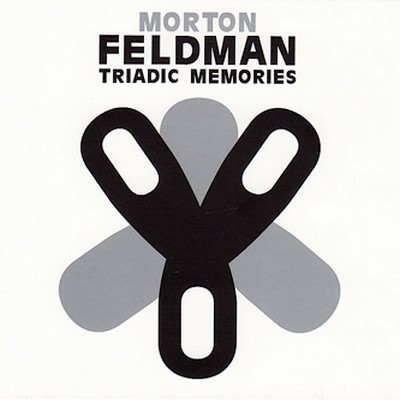 | FELDMAN, MORTON (BY JEAN-LUC FAFCHAMPS) Triadic Memories Label : Sub Rosa Year : 2010 Format : CD Style : Experimental / Contemporary Music Availability : Out of stock | |
| Description : | In the summer of 1990, I released on Sub Rosa a recording of Triadic Memories by Morton Feldman (1926-1987). It was one of the first recordings of this long work for solo piano completed on July 23, 1981. The score I used had been published by Universal edition as number UE17326 in 1987. Shortly after my CD came out, Universal published a new edition. At the bottom of page 2, under a dedication to Aki Takahashi and Roger Woodward is a small-print mention: 'corrected edition: 14.2.1991. I disregarded it for a long time. I had carefully read, annotated, analyzed, laboured over, performed live, and recorded my 1987 score. The work sounded great, the design of the edition was flawless, the composition was coherent from A to Z, and no erratum had been published. In my eyes, that score was the work. Many listeners said they liked my meditative album, and i was pretty proud of it. But there was something lingering in my mind... I went on to several other projects, and I considered the matter closed. However, much later, due to a few incomprehensible exterior signs, i decided to order a new score of Triadic Memories. I immediately noticed the 'corrected edition' mention. The score's layout looked exactly the same... except for a tiny detail: starting on page 5, small digits start to appear above most of the repeat marks. these numbers, which were omitted in 'my' score, obviously indicate the number of times some passages should be played - not twice, but 3, 4, 5, 7, up to 11 times! This tiny notation detail has tremendous consequences on the form of the composition. Universal had not even cared to inform me of this issue. I was mortified. With incredible generosity, Sub Rosa offered me to produce a new recording of this work, exactly 20 years after the first one. So here it is. I did everything possible to tap into the spirit of the 1990 recording: same piano, same recording engineer, same working method, same approach to the keyboard... Now with the right score: my own 'corrected version.' The truth is, it's all different. To me, there is no possible 'corrected version'. The 1987-1991 edition was simply a different work, one that had not been completely drawn by its maker, and which presented different issues to its performer. Jean-Luc Fafchamps MORTON FELDMAN was born in New York on January 12, 1926. In 1949 the most significant meeting up to that time took place - Feldman met John Cage, commencing an artistic association of crucial importance to music in America in the 1950s. Cage was instrumental in encouraging Feldman to have confidence in his instincts, which resulted in totally intuitive compositions. He never worked with any systems that anyone has been able to identify, working from moment to moment, from one sound to the next. His friends during the 1950s in New York included the composers Earle Brown and Christian Wolff; painters Mark Rothko, Philip Guston, Franz Kline, Jackson Pollock and Robert Rauschenberg; and pianist David Tudor. He is today considered as one of the most important composers of the century. | |
| FROM THE SAME ARTIST | |||
| BEST SELLING | |||
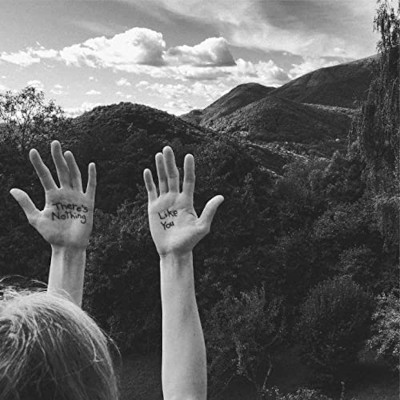
PETER KERNEL There's Nothing Like You / Kanada (7in) - 12.80 € On The Camper Records |
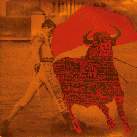
U.S. MAPLE Long Hair In Three Stages (CD) - 14.40 € Skin Graft Records |
||
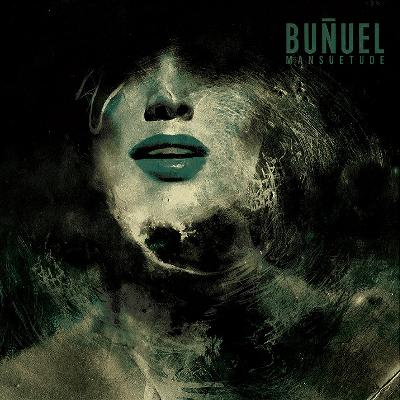
BUÑUEL Mansuetude (2xLP) - 32.60 € Skin Graft Records / Overdrive |
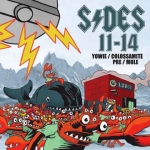
V/A Sides 11/14 : AC/DC Tribute (2x7in) - 17.00 € Skin Graft Records |
||
| NEW RELEASES | |||
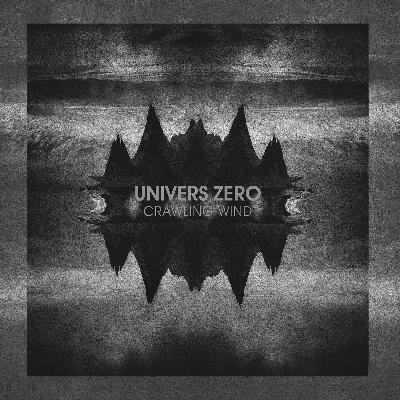
UNIVERS ZERO Crawling Wind (LP) - 17.60 € Sub Rosa |
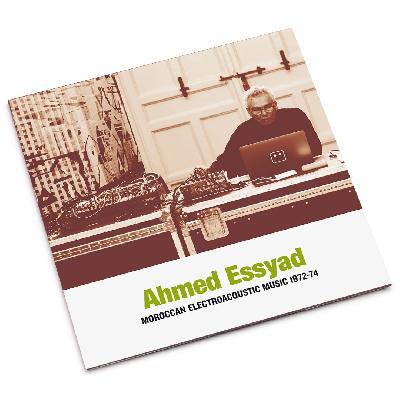
ESSYAD, AHMED Moroccan Electroacoustic Music 1972-74 (LP) - 18.60 € Sub Rosa |
||
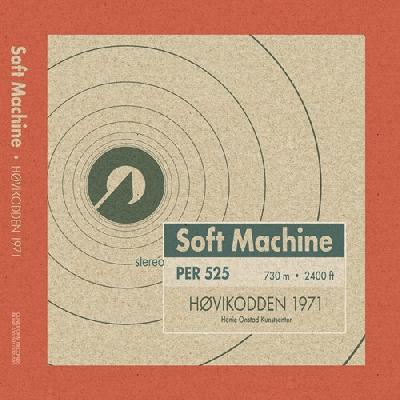
SOFT MACHINE Hovikodden 1971 (4xLP) - 123.80 € Cuneiform Records |
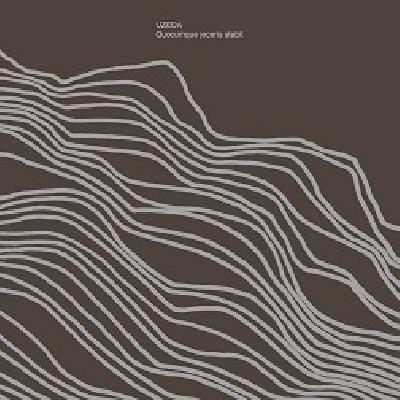
UZEDA Quocumque Jeceris Stabit (LP) - 26.40 € Overdrive |
||

BUÑUEL Mansuetude (2xLP) - 32.60 € Skin Graft Records / Overdrive |
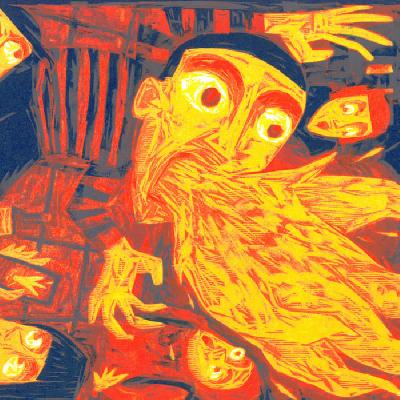
RAMDAM FATAL S/T (2xLP) - 31.00 € Gnougn Records |
||

V/A Women in Turkish Electronic Music (CD) - 17.60 € Sub Rosa |
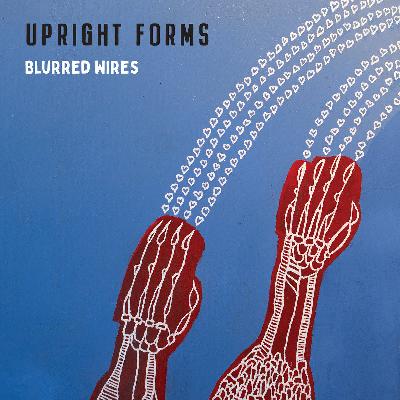
UPRIGHT FORMS Blurred Wires (LP) - 29.40 € Skin Graft Records |
||
| -MORE NEW RELEASE- | |||